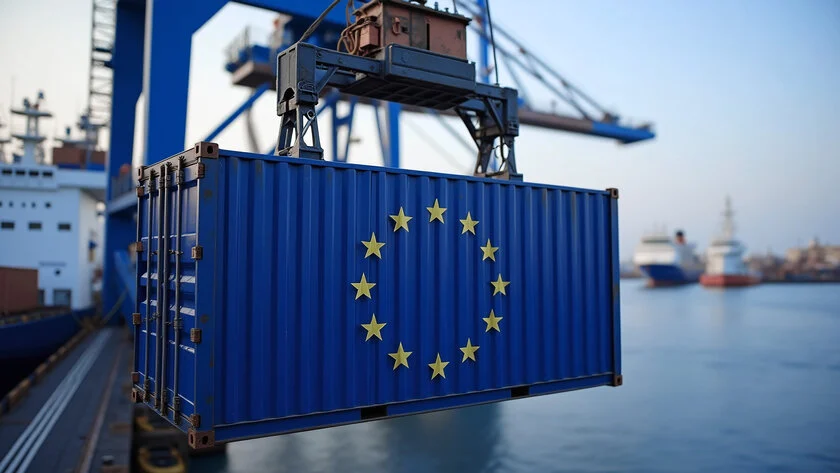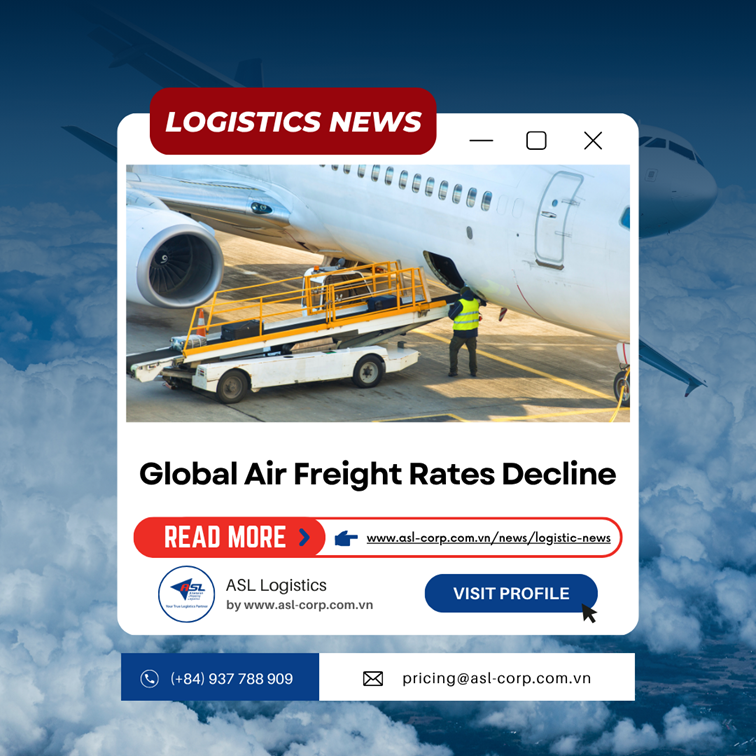U.S. President Donald Trump has just threatened to immediately impose a 100% tariff on goods imported from Canada if the country proceeds with a preliminary trade agreement with China. The move has raised concerns over potential disruptions to North America’s automotive and energy supply chains, despite commitments under the USMCA.
Logistic News
EU BANS VAGUE TERMS IN GOODS CUSTOMS DECLARATIONS
9 August 2025

The European Union (EU) has begun enforcing its expanded list of prohibited words and phrases in the Entry Summary Declaration (ENS), submitted under the Import Control System 2 (ICS2).
Purpose: to eliminate vague, low-quality goods descriptions that undermine customs risk management.
According to internal documents from the European Commission, ICS2 will become fully mandatory across all modes of transport—air, road, sea, and rail—from 1 September 2025. The list, published by the Commission, contains more than 200 “stop words” and terms now deemed insufficiently specific for submission. Their use will automatically trigger the rejection of an ENS, requiring the filer to resubmit with improved detail.
Many broad or ambiguous terms will no longer be accepted to describe goods.
Common industry abbreviations and keywords, such as “as ordered,” “see invoice,” “various goods,” or “sample,” are now prohibited. Similarly, generic categories like “machinery,” “auto parts,” “electronics,” and even “documents” are no longer acceptable.
While some commodity descriptions (e.g., “glass,” “steel,” “fish”) have been temporarily exempted under the new rules, most are already in force for all ICS2 countries and for all declaration types—including air cargo, postal shipments, and express consignments.
The consequences of using banned terms go beyond rejection of the declaration. Declarants risk delays while correcting the data, and customs authorities may impose penalties for non-compliance. The core issue lies in data quality: as global supply chains become digitized and customs authorities increasingly rely on pre-arrival screening, vague goods descriptions hinder effective risk assessment.
A shipment described merely as “textiles” or “tools” provides no details on the origin, nature, or potential security risks of the goods. Customs authorities want precise details, and generic terms are no longer acceptable.
Compliance must be a top priority:
For freight forwarders, airlines, and brokers, this is not a theoretical policy but a shift in operational reality. Storage systems, forms, and staff training must be updated. Bulk upload systems that previously allowed phrases such as “relief goods,” “party accessories,” or “market goods” must now provide more specific descriptions. Even terms like “footwear,” “vegetables,” “clothing,” or “technology” are considered overly broad.
The stop list also affects shipper and consignee information, banning entries such as “private,” “unknown,” or “N/A” in name or address fields.
This reflects a broader shift towards a customs environment where “good enough” is no longer acceptable. Authorities now demand accuracy down to the specific product name and classification—before goods are loaded for air transport.
A mindset shift, not just a wording change:
The regulation signals more than a vocabulary update—it marks a fundamental change in how air cargo is described, recorded, and processed. Shippers can no longer rely on vague, generic terms; they must provide accurate, detailed data for each product.
ICS2, with its goal of improving pre-loading security screening and customs efficiency, depends on such detail. Goods described as “bits,” “gizmos,” or “mixed goods” may result in the detention not of a single box, but of the entire shipment.
This also points to increasing harmonization between customs systems and data analytics. EU authorities are shifting from post-arrival inspections to pre-arrival screening, and generic declarations are no longer fit for purpose.
Source: VITIC, excerpt from the EU Logistics Market Monthly Report and relevant notes

Head Office
ASL Hồ Chí Minh
Số 31/34A Ung Văn Khiêm, Phường Thạnh Mỹ Tây, TP. Hồ Chí Minh, Việt Nam
 Công Ty Cổ Phần Giao Nhận Vận Tải Mỹ Á
Công Ty Cổ Phần Giao Nhận Vận Tải Mỹ Á
 (+84)28 3512 9759
(+84)28 3512 9759
 (+84)28 3512 9758
(+84)28 3512 9758
 pricing@asl-corp.com.vn
pricing@asl-corp.com.vn
 mdirector@asl-corp.com.vn
mdirector@asl-corp.com.vn
 www.asl-corp.com.vn
www.asl-corp.com.vn
LOGISTICS SERVICES












.png)
.png)

.png)


